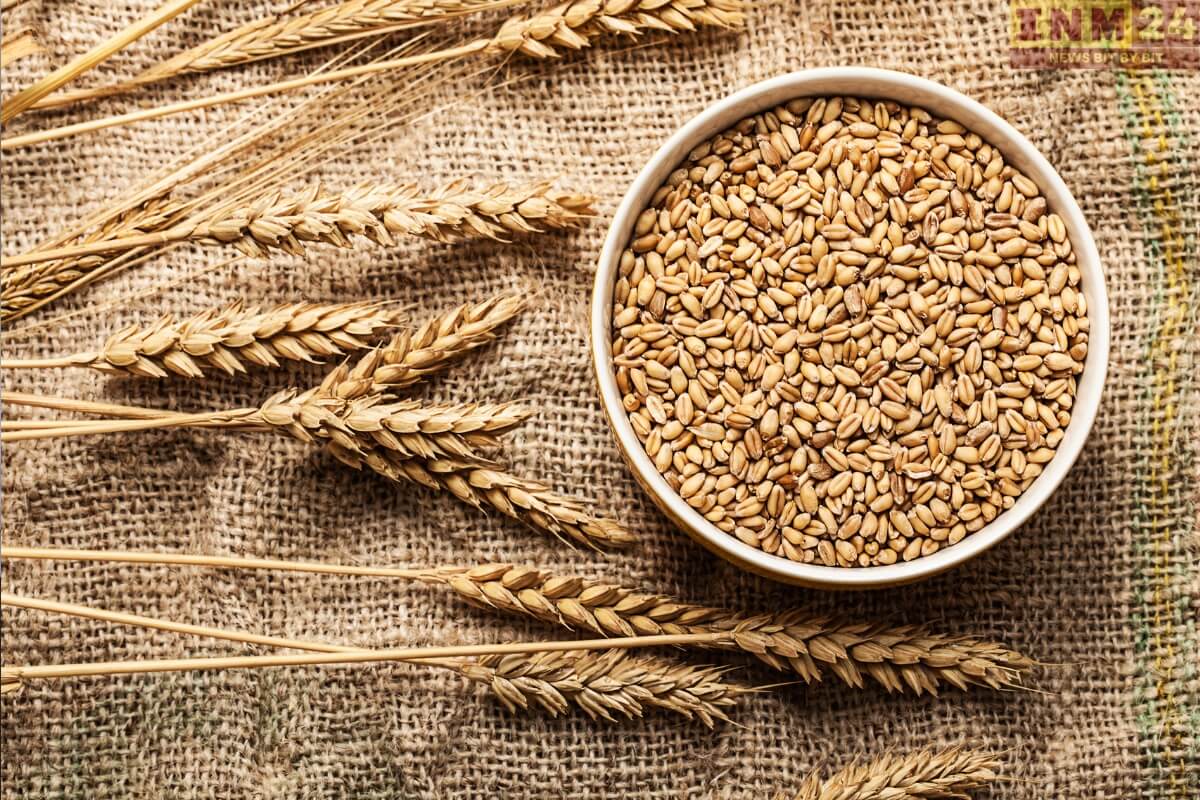The government of India has set a conservative target for wheat procurement at 30-32 million tonnes for the upcoming harvest season. This announcement comes amidst various factors influencing agricultural production and procurement strategies in the country.
Role of Government Wheat Procurement in Ensuring Food Security
Wheat is one of the key staple crops in India, essential for ensuring food security and meeting the dietary needs of millions of people across the nation. Therefore, the procurement of wheat by the government plays a crucial role in stabilizing prices, ensuring fair returns to farmers, and maintaining adequate food reserves.
The decision to set a modest target for wheat procurement reflects several considerations. One factor is the prevailing market conditions and demand-supply dynamics. With ample stocks of wheat available in the market and moderate demand projections, the government aims to strike a balance between procurement volumes and market stability.
Additionally, the government’s procurement targets are influenced by production forecasts and crop estimates. While wheat production in India has been relatively stable in recent years, factors such as weather patterns, pest outbreaks, and input costs can impact crop yields. By setting a conservative target, the government aims to align procurement expectations with realistic production estimates.
Furthermore, the government’s procurement strategy takes into account logistical constraints and operational challenges. Efficient procurement operations require adequate infrastructure, storage facilities, and transportation networks to handle large volumes of wheat effectively. By setting a manageable procurement target, the government aims to optimize procurement operations and minimize logistical bottlenecks.
Government’s Cautious Approach to Wheat Procurement and Food Security
The announcement of a conservative target for wheat procurement underscores the government’s cautious approach towards agricultural management and food security. While ensuring adequate procurement to meet domestic needs remains a priority, the government also seeks to maintain market stability, support fair pricing mechanisms, and enhance operational efficiency in procurement processes.
It is worth noting that the government’s procurement targets are subject to periodic reviews and adjustments based on evolving market dynamics and agricultural trends. As the harvest season progresses and production estimates become clearer, the government may revise its procurement targets accordingly to align with changing realities on the ground.
The government’s decision to set a modest goal for wheat procurement at 30-32 million tonnes reflects a pragmatic approach towards agricultural management and food security. By balancing procurement targets with market dynamics, production forecasts, and operational considerations, the government aims to ensure stable agricultural markets, fair returns to farmers, and adequate food reserves for the nation.
